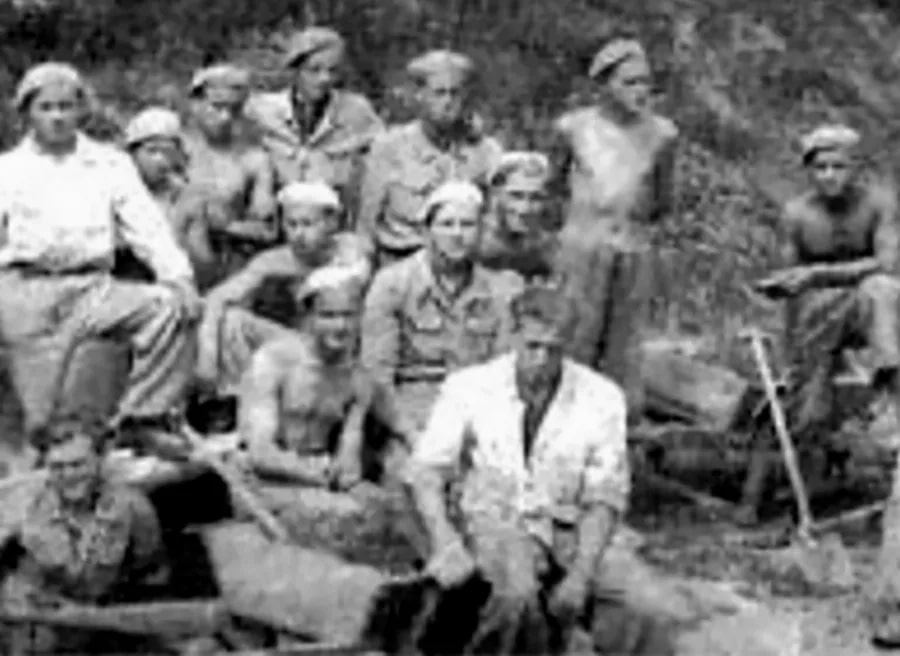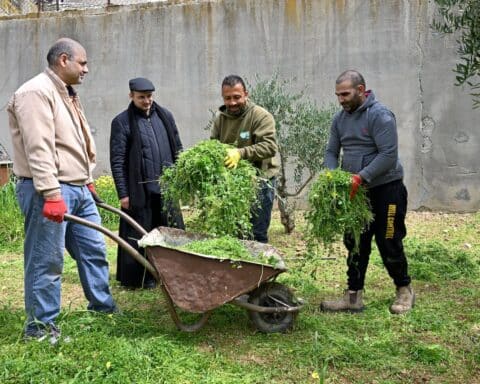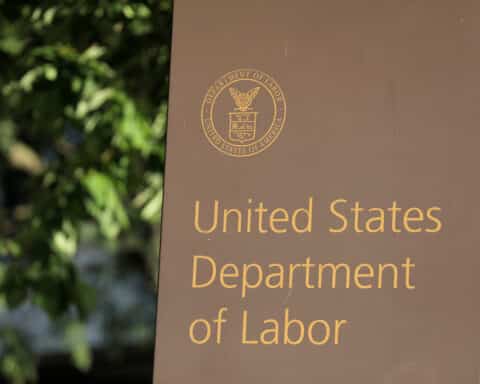Looking for inspiration this Labor Day? Look no further than “Laborem Exercens,” an encyclical letter written by Pope St. John Paul II. The encyclical addresses various aspects of labor, human dignity, and social justice from a Catholic perspective.
John Paul II emphasizes the intrinsic value and dignity of human labor. He teaches that work is not merely a means to an end but is fundamental to human existence, allowing human beings to fulfill their potential and participate in God’s creative plan.
Since work contributes to the development of the person, work should not dehumanize workers but allow them to express their creativity, intelligence and skills. May theses quotes from the thought of John Paul II inspire and renew us this Labor Day!
1. Work is characteristic of man.
Work is one of the characteristics that distinguish man from the rest of creatures, whose activity for sustaining their lives cannot be called work. Only man is capable of work, and only man works, at the same time by work occupying his existence on earth. (§1)
2. Work has a distinct value.
There is no doubt that human work has an ethical value of its own, which clearly and directly remain linked to the fact that the one who carries it out is a person, a conscious and free subject, that is to say a subject that decides about himself. (§6)
3. The demands of work — toil — are known to all men.
Toil is something that is universally known, for it is universally experienced. It is familiar to those doing physical work under sometimes exceptionally laborious conditions. It is familiar not only to agricultural workers, who spend long days working the land, which sometimes “bears thorns and thistles,” but also to those who work in mines and quarries, to steel-workers at their blast-furnaces, to those who work in builders’ yards and in construction work, often in danger of injury or death. It is likewise familiar to those at an intellectual workbench; to scientists; to those who bear the burden of grave responsibility for decisions that will have a vast impact on society. It is familiar to doctors and nurses, who spend days and nights at their patients’ bedside. It is familiar to women, who, sometimes without proper recognition on the part of society and even of their own families, bear the daily burden and responsibility for their homes and the upbringing of their children. It is familiar to all workers and, since work is a universal calling, it is familiar to everyone. (§9)
4. Human work is a share in the activity of the Creator.
The word of God’s revelation is profoundly marked by the fundamental truth that man, created in the image of God, shares by his work in the activity of the Creator and that, within the limits of his own human capabilities, man in a sense continues to develop that activity, and perfects it as he advances further and further in the discovery of the resources and values contained in the whole of creation. (§25)
5. Man ought to imitate God’s rest.
Man ought to imitate God both in working and also in resting, since God himself wished to present his own creative activity under the form of work and rest. This activity by God in the world always continues, as the words of Christ attest: “My Father is working still …”: he works with creative power by sustaining in existence the world that he called into being from nothing, and he works with salvific power in the hearts of those whom from the beginning he has destined for “rest” in union with himself in his “Father’s house.” Therefore man’s work too not only requires a rest every “seventh day”), but also cannot consist in the mere exercise of human strength in external action; it must leave room for man to prepare himself, by becoming more and more what in the will of God he ought to be, for the “rest” that the Lord reserves for his servants and friends. (§25)





